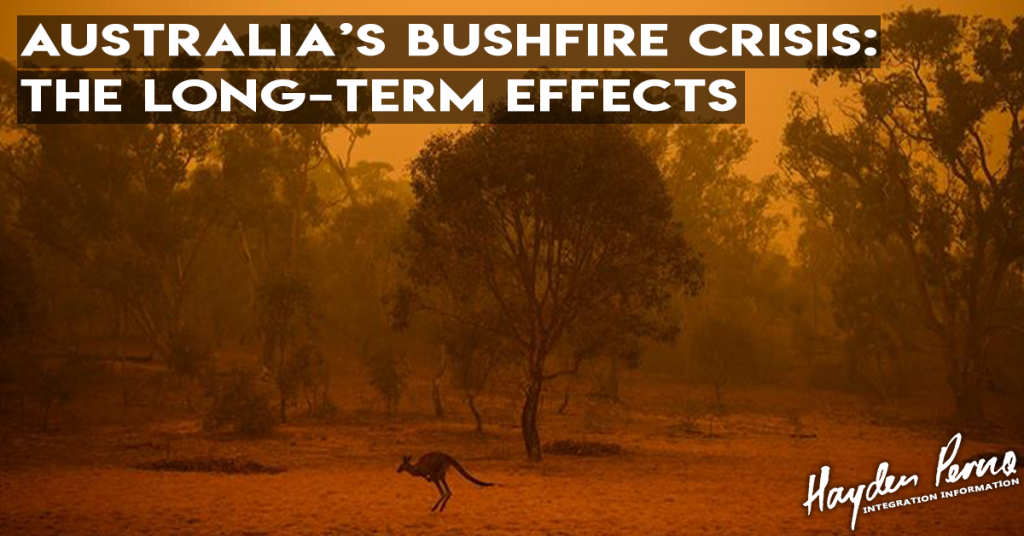Australia burns, and all people can do is play the political blame game. Scott Morrison is an idiot! It’s the Greens’ fault! Climate change! It’s Trump’s fault!
Of course, every disaster becomes political. And, of course, the above may play a part. But making the primary discussion surrounding the bushfires in Australia this, detracts everyone from what is going on and what really should be talked about.
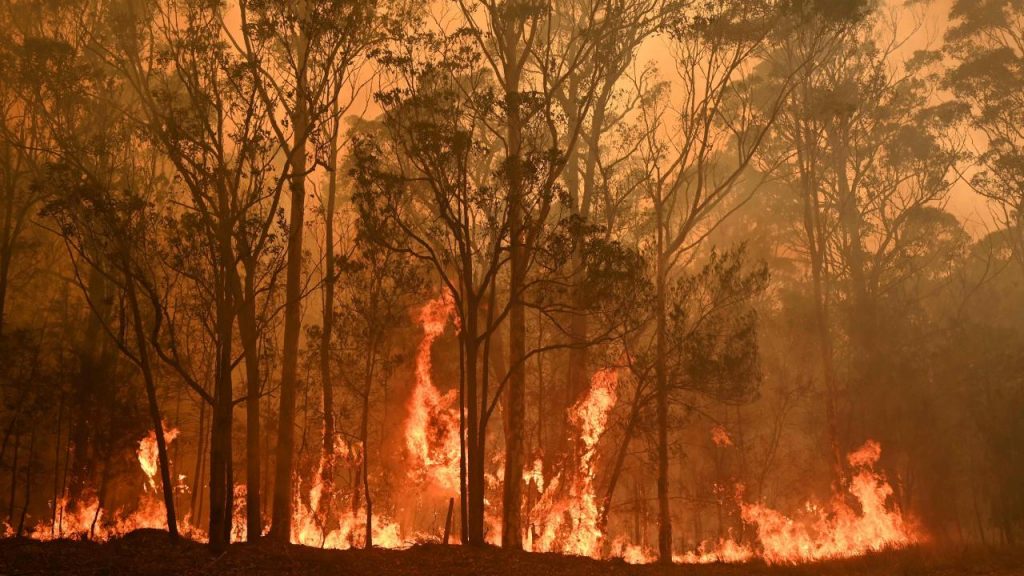
People are losing their lives, homes, businesses, normal ways of life. The emergency service workers are being hit with this too, plus a huge disruption in their regular sleeping and eating patterns, time away from their family and friends, and the stress that is inflicted on them each time they go out to work. Which is something that will stay with them for the rest of their lives.
True, the immediate effects of a fire are devastating. We all know what it means for fire to burn life and land. But the aftereffects, the long-term ramifications, are going to be catastrophic. Not only for all those involved in the fires when it comes to post-traumatic stress disorder, for example, but the nation, as a whole, will be impacted for many years to come.
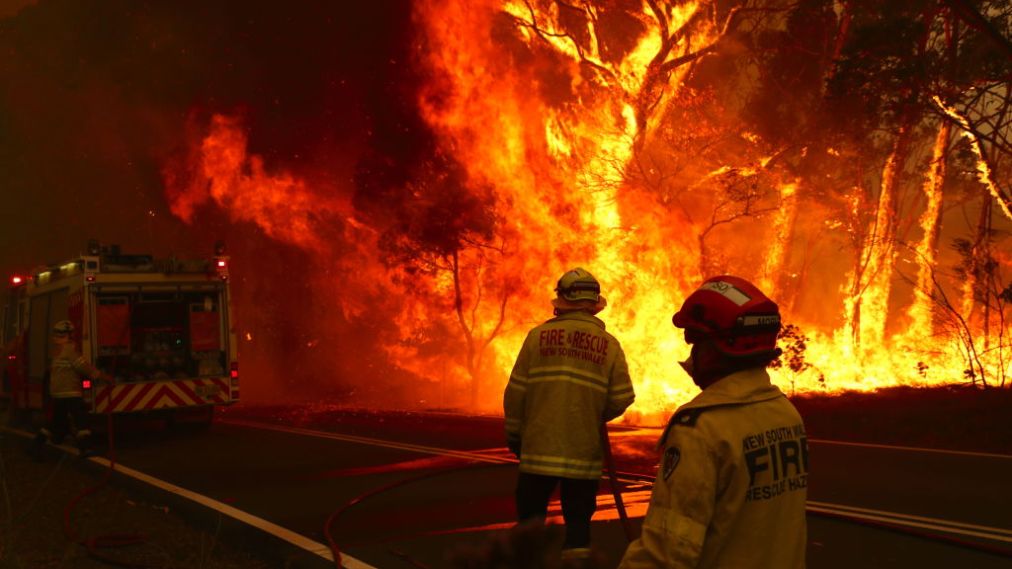
For starters, agriculture has been hit hard. We’ve lost dairy and cattle farms, apple farms, granaries, wineries, regular vegetable crops, and forestry plantations. This means prices will skyrocket, importing will be necessary, and every man and his dog will be complaining about how “these apples are just not right” on social media every day.
Tourism infrastructure in many coastal towns has been totaled. Hundreds of businesses are closed and may never fully recover. My mum and sister, for instance, haven’t worked regularly for the past three weeks due to fires. And when you’re on a casual income, you can imagine what that means when you’re trying to still pay bills and put food on the table.
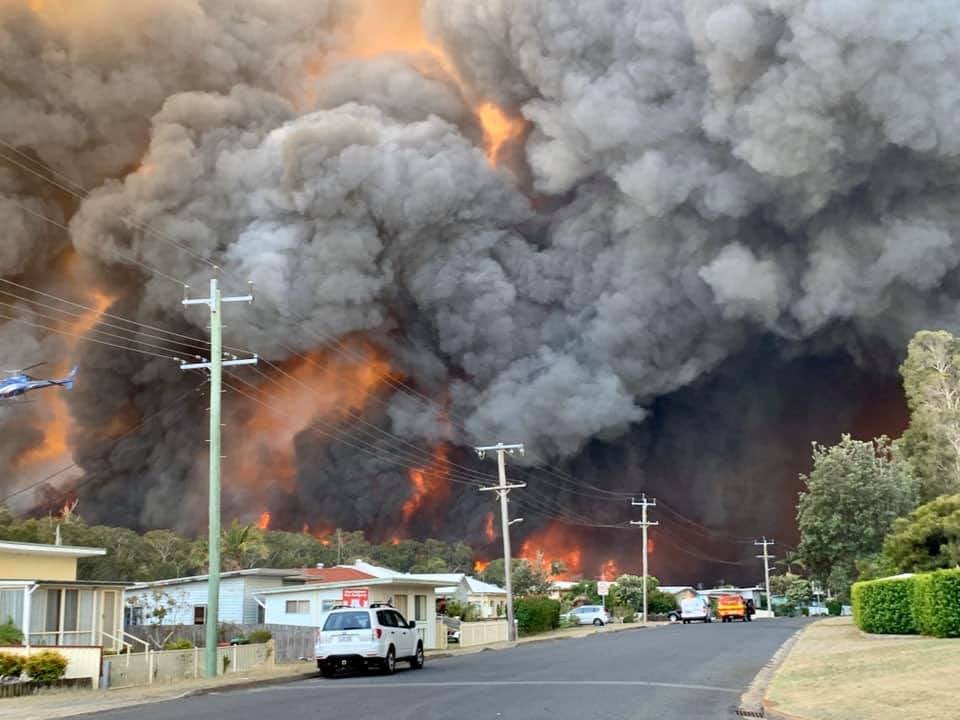
Another thing we’re not considering right now is what it means for inhaling all this smoke for several days or weeks. It’s not normal to breathe this much of it in, and we could all be facing health concerns in the years to come.
Consider, what will all this mean for Australia with just these three post-fire factors? Will they play a role in impacting the population due to malnourishment, respiratory disease, cancers, poverty, stress, suicide? Will they affect other nations too?
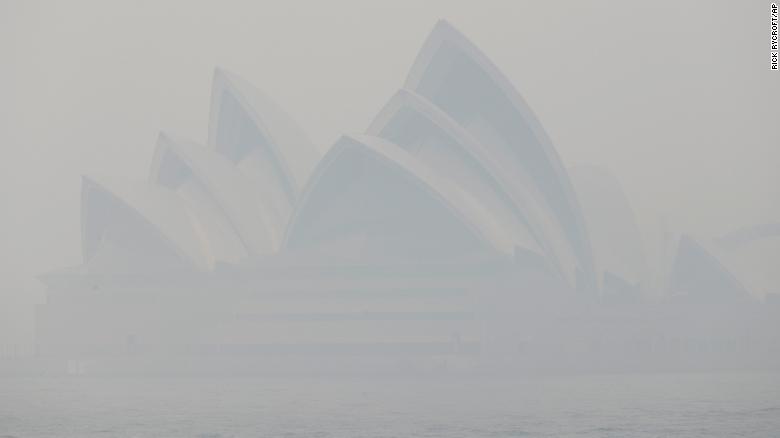
It might sound grim. But it’s a natural disaster. It’s what happens.
If bombs were going off every day in Australia, killing people, destroying land and homes, people would be worried. People would be paying attention. But with fires, provided one is not close to them, they can be blasé to what is going on and more than happy to join the community of outraged folk on social media.
Yes, politics should be discussed in any disaster. It makes sense. It’s a nation under crisis. Leadership and support, people who delegate what happens next and keep everyone sheltered, fed, and safe, is necessary to slow the descent into chaos, where everybody is hoarding and stealing, conning and killing. But making the primary discussion about this changes what we should be focused on: caring for those affected, giving where we can, paying attention to what is happening, being empathetic, listening to the authorities.
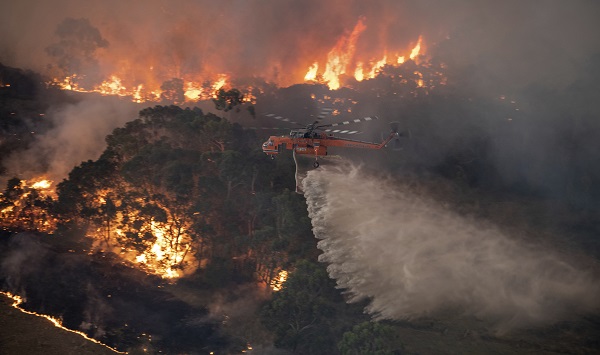
Australia has always had bushfires. It always will. But instead of dividing ourselves over every single topic and event on this 4.5 billion-year-old planet, we can instead be coming together to focus on the important task of doing what we can for those in need, and doing our best to make things a little better for the years ahead.
Help those on the frontlines:
NSW Rural Fire Service
Victoria’s Country Fire Association
NSW Wildlife Information, Rescue and Education Service (WIRES)
Help those in need:
St. Vincent de Paul Society
Australian Red Cross
The Salvation Army

